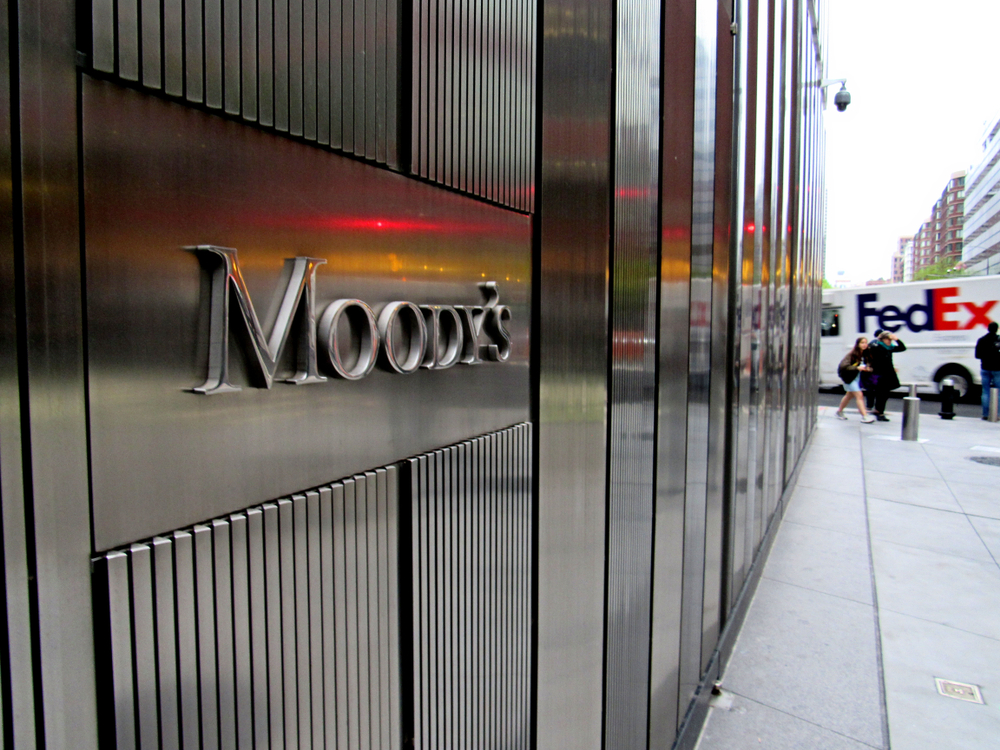Ahead of the first round of Brazil’s presidential election, a major source of uncertainty concerned whether the country’s far-right president, Jair Bolsonaro, would accept the results should voters deny him a second term. For years, Mr. Bolsonaro has discredited the country’s electoral system, claiming it is susceptible to fraud.
And while polls show challenger and former two-term President Luiz Inácio Lula da Silva ahead, Moody’s “does not expect major post-election disruption,” the ratings agency said in a statement on Thursday.
The president’s Chief of Staff Ciro Nogueira said in an interview that mistrust in voting machines is an issue that has been “overcome.” Still, Mr. Bolsonaro has continuously urged his supporters to remain at polling stations until the end of the vote count during the October 30 runoff, raising the fear of riots if he loses.
Moody’s believes that, regardless of the race’s outcome, Brazilian state-owned companies will remain economically viable and infrastructure investments should continue to be a government priority — with no “drastic changes” expected in the country’s public-private partnership policy.
Still, the agency flagged persistent risks of political interference in Petrobras, the country’s massive oil and gas firm.
Mr. Bolsonaro has for months pressured Petrobras against raising fuel prices, perceiving that inflation would hinder his re-election chances. He swapped the company’s chief executive officer on multiple occasions.
Recently, the company began making gradual price cuts that have generated good press for the president. “Our gasoline is among the cheapest in the world,” Mr. Bolsonaro boasted a month ago.
An association of fuel importers says gasoline prices in Brazil are 9 percent below international standards, while the disparity for diesel reaches 11 percent.
Lula, meanwhile, has promised to interfere in Petrobras’s pricing policy — which has for years pegged prices at refineries to international oil fluctuations.
For Moody’s, the mixed signals are not a risk for investors, but “contractionary monetary policy combined with modest growth next year could weaken Brazil’s debt affordability and worsen the country’s debt dynamics.”
“We see the slowdown of the momentum for structural reforms that began in 2016 in Brazil and the hazard that these credit-positive reforms are reversed after the election, which would weigh on investors’ confidence,” says Moody’s Senior Vice President Gersan Zurita.


 Search
Search






































